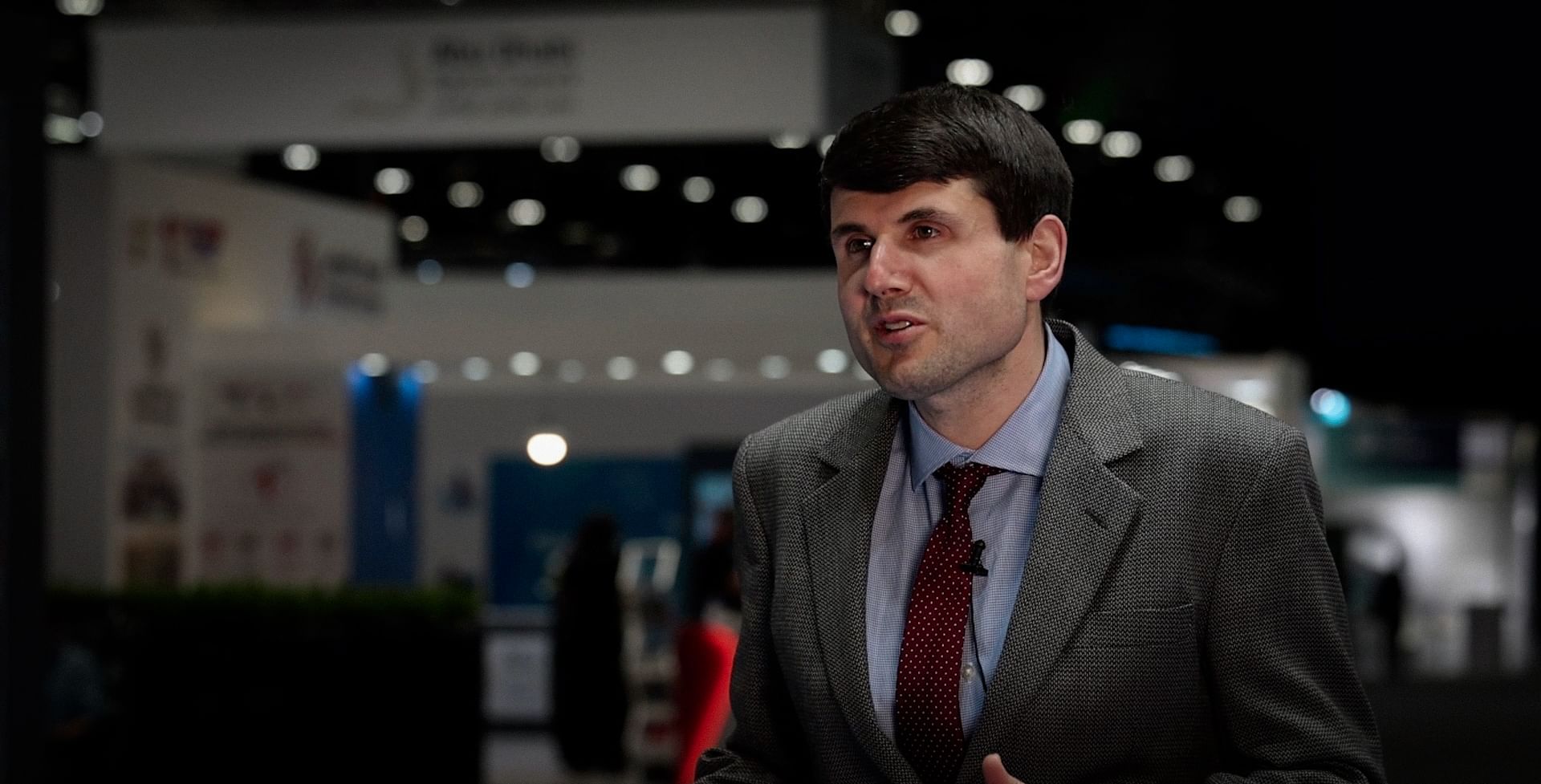
The stereotype of the Middle East as a monolithic "conflict zone" overlooks the significant strides made by the Gulf Cooperation Council (GCC) countries. Saudi Arabia, the United Arab Emirates (UAE), Qatar, and others have leveraged their vast oil wealth to build resilient economies, diversify industries, and establish themselves as key players on the global stage.
Economic diversification has been a cornerstone of this transformation. Saudi Arabia's Vision 2030, an ambitious reform plan, aims to reduce the kingdom's dependence on oil by promoting sectors like tourism, entertainment, and technology. The UAE has similarly invested in non-oil industries, with Dubai becoming a global hub for finance, tourism, and real estate. Qatar, despite the blockade imposed by its neighbors from 2017 to 2021, has continued to grow its LNG sector and bolster its international influence through initiatives like hosting the FIFA World Cup.
Beyond economics, the Gulf states have adeptly navigated regional geopolitics. While their proximity to conflict zones like Yemen, Syria, and Iraq presents challenges, these nations have generally maintained internal stability. They have also cultivated strategic partnerships with major global powers, including the United States, China, and Russia, balancing their relations to maximize their national interests.
For instance, the ongoing diplomatic balancing act between the US, Iran, and Israel has put the Gulf states in a delicate position. The Biden administration’s Middle East policy, especially regarding Iran, has seen the Gulf monarchies exercise caution. While hosting US military bases, these nations have also pursued dialogue with Tehran, aiming to reduce regional tensions. This pragmatism reflects their broader approach to international relations—prioritizing stability and economic development over entanglement in regional conflicts.
Moreover, the Gulf states have played a crucial role in humanitarian efforts, providing aid to conflict-ridden areas across the region. The UAE and Saudi Arabia, in particular, have been significant donors to reconstruction projects in Yemen, Syria, and Iraq. Their involvement in these initiatives underscores their commitment to fostering regional stability and rebuilding war-torn nations.
While the perception of the Middle East as a conflict-ridden region persists, the success of the Gulf states tells a different story. Through economic diversification, strategic diplomacy, and humanitarian efforts, they have managed to position themselves as pillars of stability and prosperity in an otherwise turbulent region.
Topics
Economy
